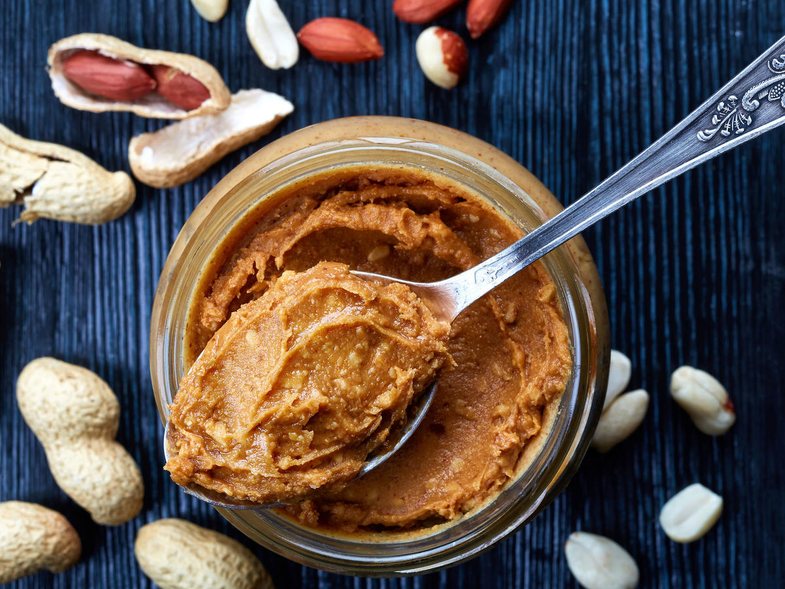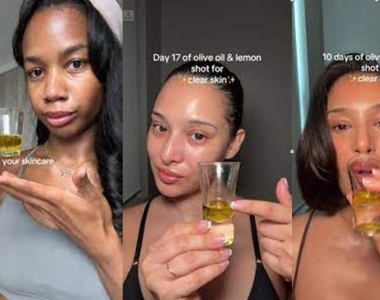
It has a fantastic taste and the way it sticks in the mouth is just wonderful. At least that is how many peanut butter lovers would describe it. Of course, not everyone can enjoy. Some people are allergic and for a small percentage of the population, peanut butter can cause death (1%). But is peanut butter unhealthy for 99% of other people?
What is Peanut Butter? Peanut butter is a relatively raw food. They are basically just peanuts, often roasted, that are ground until they turn into a paste. However, this does not apply to many commercial brands of peanut butter that contain various added ingredients, such as sugar, vegetable oils, and even excess fat.
Instead of buying these products, choose real peanut butter. It should contain nothing but peanuts and maybe a little salt.
Peanut butter is made up of about 25% protein, making it an excellent source of plant-based proteins. Peanuts are low in carbohydrates and are suitable for people with type 2 diabetes or those who follow a low carb diet. Pure peanut butter is a good source of healthy fats.
Peanut butter is very nutritious and contains vitamins E, B3 and B6, magnesium, manganese, etc. It is also rich in antioxidants.
On the other hand, it is a potential source of aflatoxins, which are associated with harmful effects in the long run.
Although you should not use peanut butter as a dominant food source in your diet, it is probably best to eat occasionally in small amounts. Moderate consumption of peanut butter is unlikely to have any major negative effects as long as you avoid really horrible foods like sugary drinks, processed foods and fats.

Sources: Healthline, Health





